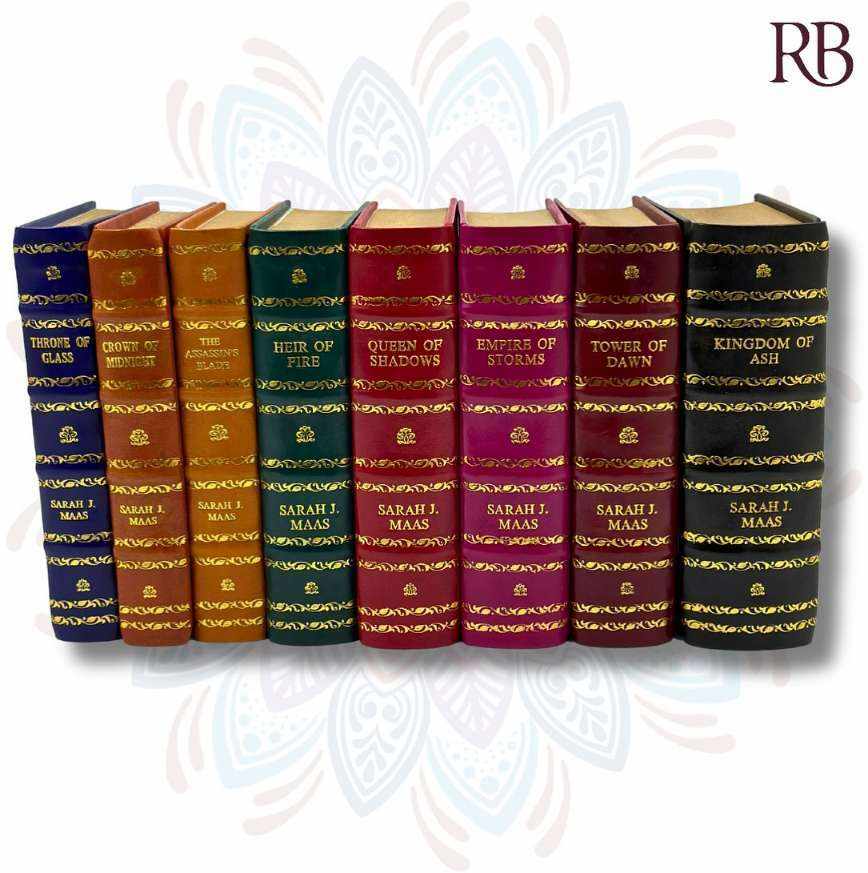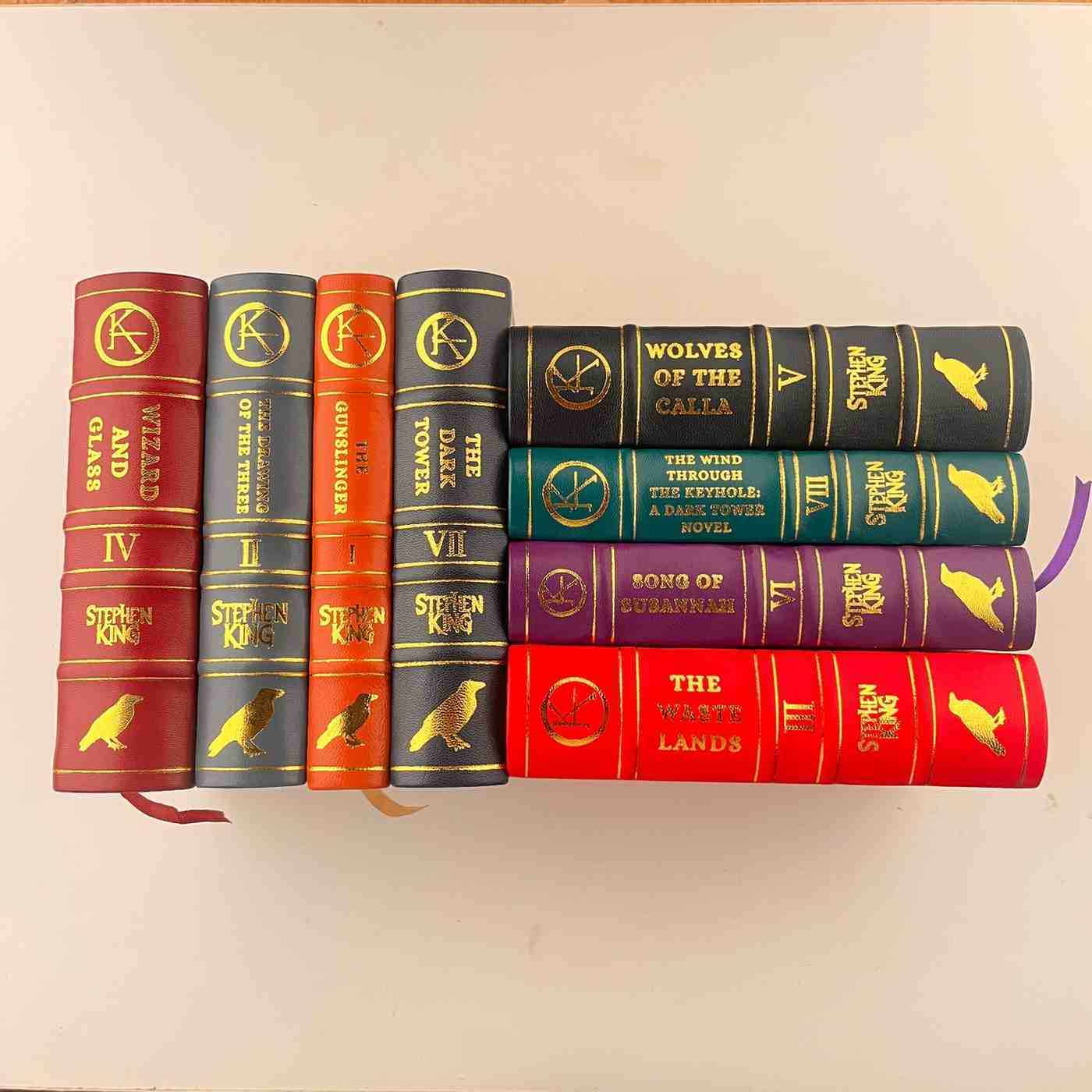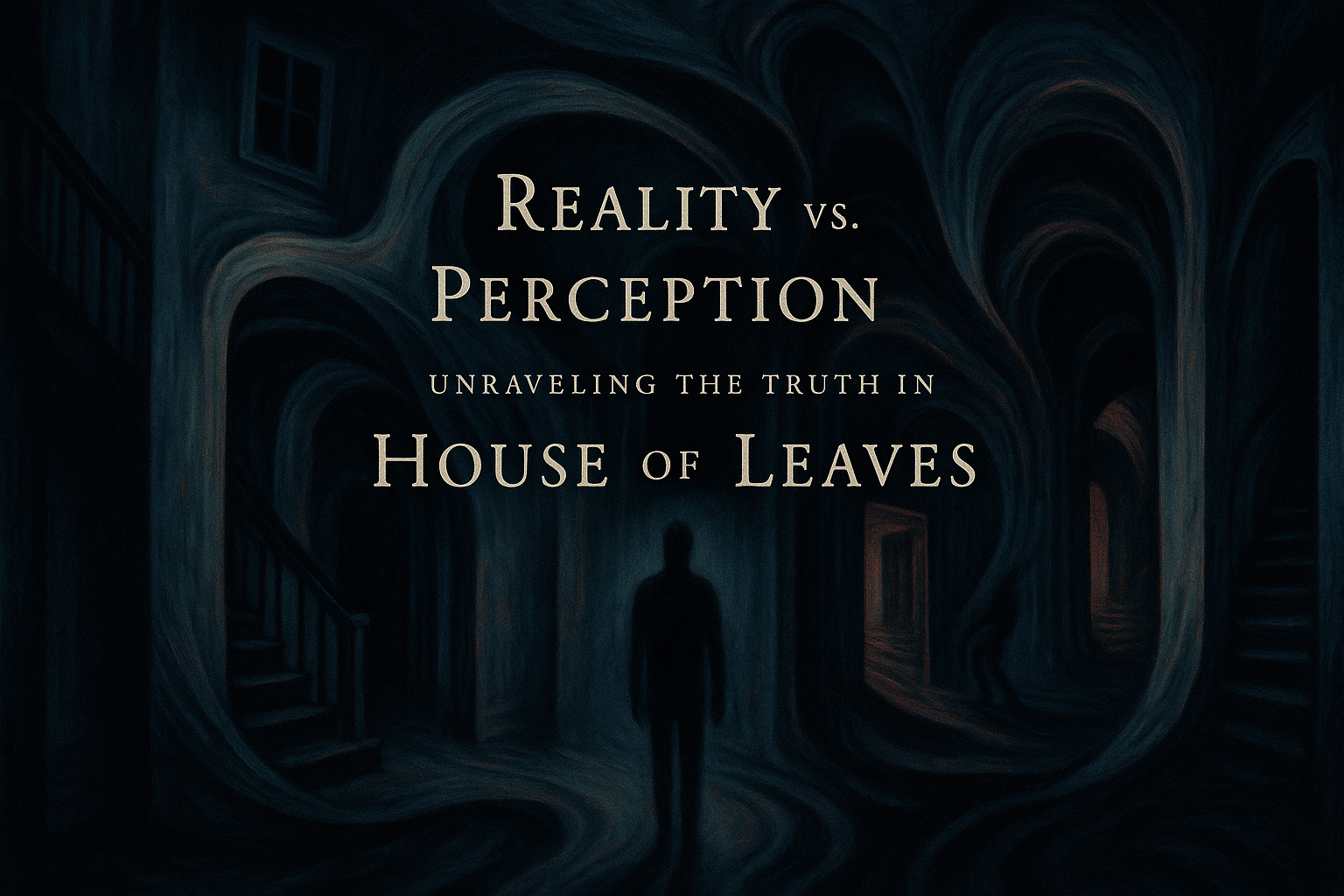
Babel: Or the Necessity of Violence by R.F. Kuang is an ambitious genre-bending novel that blends historical fantasy, academic drama, and anti-colonial critique into one sweeping epic. Set in an alternate 1830s Oxford, the book explores language, translation, and rebellion against empire, making it an essential modern fantasy read that challenges the boundaries of the genre. This babel book review will offer a plot summary, memorable quotes, and a detailed explanation of the ending to help new and seasoned readers unpack its layers, while collectors can also explore the Babel special edition at Rare Biblio for a timeless keepsake.
Plot Summary
At the heart of Babel is Robin Swift, a young Chinese orphan rescued from the brink of death in Canton by Professor Richard Lovell. Lovell whisks Robin away to England, grooming him from childhood to enter Babel, the Royal Institute of Translation at Oxford University, an elite institution wielding the magical power of "silverworking." In Babel, scholars harness the discrepancies in word meanings between languages to power silver bars, fueling the British Empire’s technological and economic might.
Upon his arrival, Robin forms deep friendships with three other students: Ramy from India, Victoire from Haiti, and Letty from England. As they grow closer, Robin comes face-to-face with the systemic racism, privilege, and utilitarian calculations underpinning Oxford and the British Empire at large. He discovers how the brilliance of linguistics is twisted to maintain colonial dominance and how Babel’s magic directly benefits the same colonial projects that devastated his homeland.
Robin’s ethical awakening is catalyzed by contact with his half-brother Griffin, a revolutionary in the underground Hermes Society, who works to undermine Babel’s power. Eventually, Robin must choose between the academic excellence and comfort of Babel or joining the fight for justice, even as it means betraying those closest to him. The result is a tense spiral of espionage, rebellion, and tragic consequences, as violence becomes the only language the Empire will heed.
Themes and Analysis
Babel is a rich text, tackling complex themes:
Language as Power: The novel’s schema of silver magic based on "lost in translation" moments is an evocative metaphor for cultural loss and appropriation under colonization. Kuang interrogates the role of translation—not as bridge-building, but as a site of distortion or even violence.
Academic Complicity: Babel is both a love letter and sharp critique of the ivory tower. The academic institution is shown as both the pinnacle of learning and a key enabler of imperial violence, raising questions about what knowledge is valued and for whose benefit.
Colonial Trauma and Resistance: Robin’s journey is a microcosm of the struggle faced by colonized subjects—alienated from their roots, forced to accommodate systems that exploit them, and ultimately required to take extraordinary risks to disrupt injustice.
Friendship, Betrayal, and Identity: The quartet at Babel becomes a surrogate family, but even here, differences in privilege, background, and allegiance create friction and heartbreak.
Notable Quotes from Babel
Babel is filled with incisive, haunting lines. Here are a few that encapsulate its spirit:
“Translation means doing violence upon the original, means warping and distorting it for foreign, unintended eyes. So then where does that leave us? How can we conclude, except by acknowledging that an act of translation is then necessarily always an act of betrayal?”
“History isn't a premade tapestry that we've got to suffer, a closed world with no exit. We can form it. Make it. We just have to choose to make it.”
“Power did not lie in the tip of a pen. Power did not work against its own interests. Power could only be brought to heel by acts of defiance it could not ignore. With brute, unflinching force. With violence.”
“If we push in the right spots—then we’ve moved things to the breaking point. Then the future becomes fluid, and change is possible.”
“That’s just what translation is, I think. That’s all speaking is. Listening to the other and trying to see past your own biases to glimpse what they’re trying to say. Showing yourself to the world, and hoping someone else understands.”
“A lie was not a lie if it was never uttered; questions that were never asked did not need answers. They would both remain perfectly content to linger in the liminal, endless space between truth and denial.”
These quotes underscore how Kuang positions translation as a form of conflict, shaped by power imbalances and cultural loss, not just linguistic play.
Ending Explained
The final act of Babel is as explosive as its subtitle "The Necessity of Violence" suggests. After being imprisoned, Robin and Victoire are broken out by Griffin, only for Griffin to die during the escape. Traumatized but determined, Robin and Victoire resolve to seize control of Babel’s tower to halt Britain's planned invasion of China and cripple the source of the empire's magical power.
Together, they expel the faculty and rally a small group of allies, holding the tower hostage. Their sabotage of the "silverworking" network begins to cause widespread collapse of infrastructure throughout England, inciting panic and political chaos. As the government prepares to storm Babel, Robin devises a final plan: to destroy the tower and all its silver, thus erasing the Empire’s power and any future hope of replicating Babel’s magic.
Robin sacrifices himself, locking himself and fellow rebels inside, to activate the self-destruction sequence, with Victoire narrowly escaping to fight another day. The destruction of Babel shatters the backbone of British technological dominance, leaving the empire in disarray and the future uncertain.
Rather than a clean victory, the ending is deeply ambiguous: Robin’s death is both martyrdom and indictment. The cost of true change, Kuang suggests, is often devastatingly high, but when systems refuse to listen, resistance may be the only moral path left.
Conclusion
Babel is a must-read for fantasy fans not only for its genre flair but for the way it interrogates the cost and consequences of power, language, and scholarship. R.F. Kuang’s Oxford is magical yet terrifyingly plausible, her characters deeply flawed but unforgettable, and her commentary on history, resistance, and identity is sharp as silver. If searching for an epic that challenges and moves in equal measure, Babel delivers one translation, one rebellion at a time.







Write a comment ...